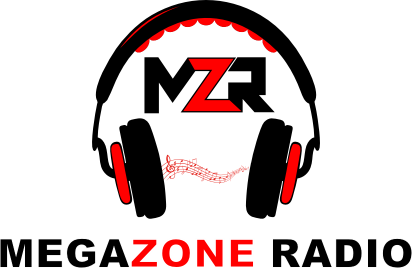Lebanon’s Hezbollah launched heavy rocket barrages at Israel on Sunday, striking areas near Tel Aviv, in retaliation for a powerful Israeli airstrike in Beirut that killed at least 29 people the previous day.
Israeli media reported that a building in Petah Tikvah, near Tel Aviv, sustained damage, while multiple impact sites were identified. Several residents suffered minor injuries. Footage showed burning cars and damaged apartments in the area.
The Israeli Defense Forces (IDF) confirmed that Hezbollah fired 170 rockets, many intercepted by the Iron Dome system. However, some hit targets, including in the northern Israeli city of Nahariya, where a projectile smashed through a building’s roof.
Hezbollah claimed responsibility for launching precision missiles at two military sites in Tel Aviv. The group had vowed to retaliate for attacks on Beirut, particularly its southern suburbs, which Israel has heavily bombarded during recent weeks.
Intensifying Conflict
The IDF responded with targeted airstrikes in Hezbollah-controlled southern Beirut, demolishing two apartment blocks. The military stated the strikes targeted command centers embedded within civilian areas. On Saturday, Israel carried out one of its most lethal airstrikes in central Beirut, raising Lebanon’s health ministry-reported death toll to 84 for the day. Since October 2023, the conflict has claimed 3,754 lives in Lebanon.
The IDF has also acknowledged an airstrike on Al-Amiriya near Tyre, which killed one Lebanese soldier and injured 18 others. Israel expressed regret, stating the target was Hezbollah, not the Lebanese Army. Lebanon’s caretaker Prime Minister, Najib Mikati, condemned the strike, calling it a “bloody message rejecting efforts for a ceasefire.”
Diplomatic Push for Ceasefire
Efforts to broker a ceasefire, led by the United States, are gaining traction. US mediator Amos Hochstein visited the region last week to discuss a proposal based on UN Security Council Resolution 1701, which ended the 2006 Hezbollah-Israel war. The resolution requires Hezbollah to retreat 30 km from the Israeli border and deploys the Lebanese Army in a buffer zone.
EU foreign policy chief Josep Borrell called for urgent pressure on both sides, stating that the US proposal awaits Israel’s response. The EU has pledged $208 million to support the Lebanese Army’s efforts to stabilize the border.
Israel’s security cabinet convened Sunday to discuss the ceasefire proposal, as its offensive, launched in September, continues to uproot over 1 million people in Lebanon. Israeli officials have stated their objective is to halt rocket attacks by Hezbollah, which began in support of Hamas during the Gaza war.
As international diplomacy intensifies, the region remains on edge, bracing for further escalation or a breakthrough in ceasefire negotiations.


